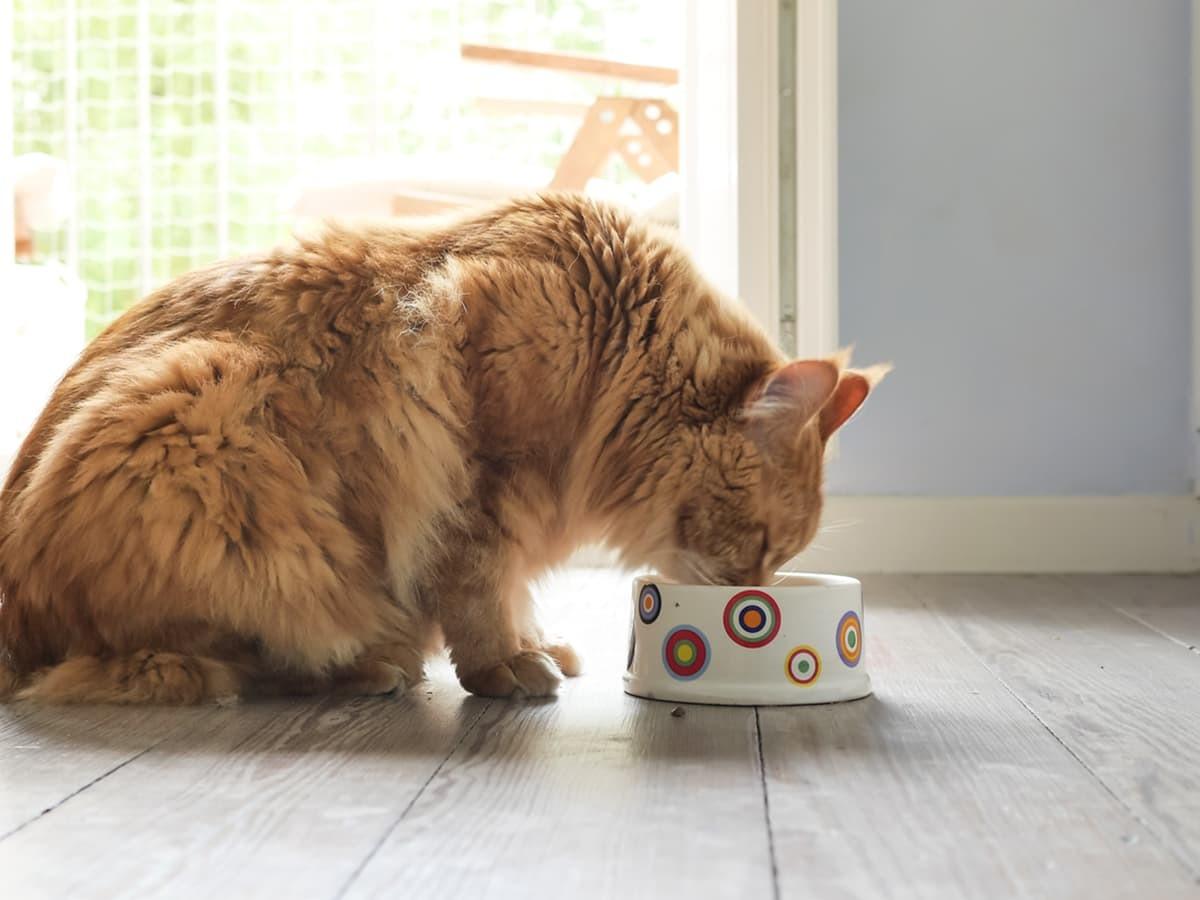If you are a pet owner, you already know how fussy your cat can be with food. Most pet owners have questions relating to whether their cats can eat certain food. One of the most intriguing questions you may have is if cats can eat ginger.
Can I Give My Cat Ginger?
Ginger is known for its medicinal benefits for both humans and animals, but it also comes with potential health risks. While ginger is not toxic to cats, certain cats can be more sensitive to new foods in general. In this article, we will guide you through the essentials of feeding ginger to your cat, how to add it to their diet, and whether it’s safe to do so.
Do Cats Like Ginger?
Cats are often peculiar about what they like to eat, mostly thriving on lean meat or animal-based proteins. They also do not have the enzymes needed to break down plant-based food. Whether a cat likes ginger or not they don't have the enzymes needed to be able to digest it well or pull all of the benefits out of it.
Nutritional Value of Ginger for Cats
Ginger is an aromatic spice known for its health benefits. It contains gingerol, which has good anti-inflammatory properties. Additionally, ginger is loaded with copper, vitamin B6, and manganese, all good sources of antioxidants.
Can I Feed Ginger to Cats?
Ginger is not toxic to your cat, it also does not offer any benefit that would make it a strong contender as a common treat in their diet. You could feed your cat ginger, but be cautious, moderation is key. Cats are very sensitive to new food, so when introducing them to new foods, especially something as strong as ginger, it’s best to do so with care.
Benefits of Ginger for Cats:
Good For Digestion:
Ginger can help aid in good digestion for cats, the same way it can in us. Serving ginger in very small amounts can aid good digestion, keep their gut healthy, and help relieve them from abdominal pain.
Anti-Inflammatory Properties:
Cats are very prone to inflammation and a little ginger can help them alleviate it. It can also help relieve arthritis. However, it is important to seek professional help before introducing ginger to your cat for medical reasons.
Palatability
If you have a fussy eater in your house, it can be a daunting task to feed them anything. Most cats are picky eaters and avoid eating certain foods. Adding a dash of ginger could enhance the flavors of the food, making their food palatable.
Boosts Immunity
Loaded with antioxidant properties, ginger is a good source of boost for immunity. Being healthy and happy can contribute to your cat’s overall health.
Risks of Feeding Ginger to Cats:
Upset Stomach
While ginger does aid in good digestion for cats, it is also important to not go overboard with it. While small amounts can help them digest their food better, anything more than needed can upset their stomach and cause pain, vomiting, or diarrhea.
Allergic Reactions:
Cats may be allergic to the strong taste and smell of ginger which is why it is important to feed them only small quantities and to avoid force-feeding if they reject the food. Symptoms to look for are itching, swelling, and dehydration.
Health Conditions:
If your cat has had a concerning medical history, they might be sensitive to dietary changes. This is why adding anything as strong as ginger to their diet should be avoided.
Safe Ways to Introduce Ginger To Cats:
Only start with small amounts: If your cat is new to ginger, it’s best to start with a small amount and slowly work your way up at regular intervals.
Mix a little with cat-friendly food: To help dull the strong taste of ginger, you can add crushed ginger to their cat food making it an easier transition while they enjoy their everyday meal.
Consult your vet: Always consult your vet before introducing any food to your cat. They are best able to determine whether your cat can consume ginger at all.
Look for signs of allergy: Ginger is sometimes an allergen to cats, which is why it is best to keep an eye on signs of allergic reactions.
Cat-Friendly Ginger Recipes to Try:
If you love cooking for your feline friends, here are some recipes that you can try that include ginger. These two recipes are gut-friendly and good ideas when you want to introduce ginger to your cat’s diet.
1. Ginger And Chicken Soup
With chicken or vegetable stock, make a simmering broth and add a pinch of crushed ginger to it. Strain the broth once done, and serve it as regular food to your cat. Do not season the broth with salt or pepper, and make sure to let it cool before you serve it to your cat.
2. Ginger & Catnip Treats
If your cat loves catnip, they will enjoy a spoonful with added ginger. Mix chopped catnip or catnip treats with a little ginger to add flavor to their meal.
Conclusion:
The answer to the question of whether cats can eat ginger is a yes, but only in moderation. While most cats can benefit from its nutritional value, some may not find it appealing to their taste buds. In both cases, it is best to serve them ginger in moderation. Remember to consult your vet before adding a new ingredient to your cat’s diet, and be cautious while exploring ginger for cats.

I’m Charlie: canine enthusiast with a knack for figuring out why my dog, Dallas, is more infatuated with tennis balls than me. My lifelong passion for dogs has created a dedication to help other pet parents better understands their furry family members!
*Jan 2019 to Aug 2024 administrator claims data. Individual reimbursement results and coverage vary based on plan type.
Adams, Christian. “Can Cats Eat Ginger?” Catster, 5 Sept. 2024, www.catster.com/nutrition/can-cats-eat-ginger/.
Layne, Misty. “Can Cats Eat Gingerbread?” Hepper, 20 Aug. 2024, www.hepper.com/can-cats-eat-gingerbread/.
“Ginger for Whiskers: Is Ginger a Safe Spice for Cats?” Catsluvus.com, 30 Aug. 2024, www.catsluvus.com/medication/ginger-for-whiskers-is-ginger-a-safe-spice-for-cats.
The information presented in this article is for educational and informational purposes only and does not constitute or substitute for the advice of your veterinarian.












